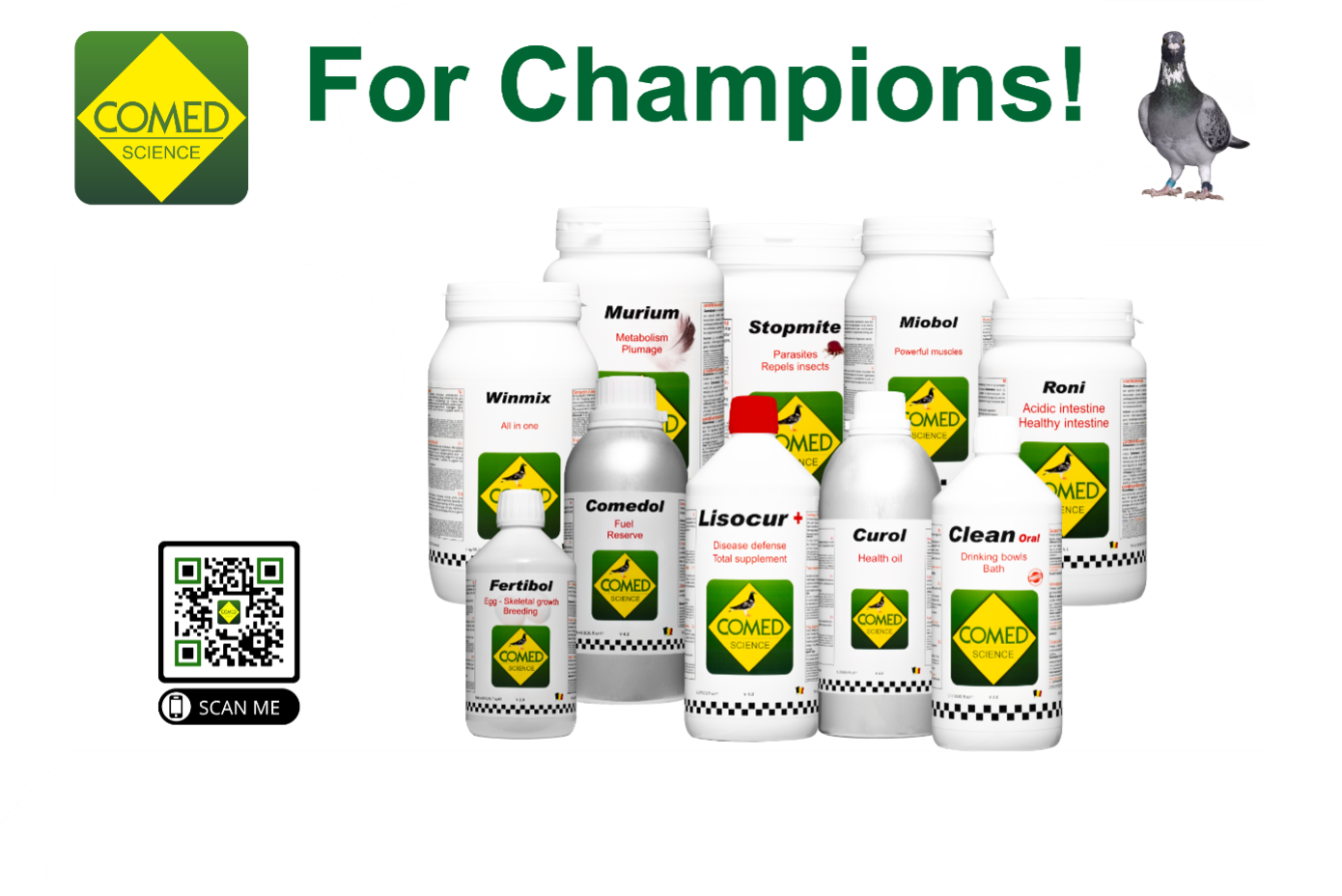
CONDITION, what is it really?
Legal protection of citizens against the government
A good friend, lawyer Stijn Verbist and columnist for the daily 'de Tijd', was a professor at the University of Hasselt in the subject 'Legal protection of citizens against the government'. It sounds a bit strange, but it is also worrying for democracy. Too many leaders are constantly pointing the finger at the citizens and moralising about them, denouncing uncivil behaviour in the name of patriotism, while they themselves are sitting on a dung heap.
Indeed, the recently leaked self-congratulatory benefits of our top government and trade union leaders have left a bitter taste in the mouths of those asked to make an effort. They would do better to deal with the real problems of the people, such as the role of the banks, which are still socially worthless and run roughshod over society.
On this subject, an exciting article 👇
Article Trends

At the top, you will find the eagle … and the vermin …
Condition and corticosteron
An interesting test (*) described the influence of various stress parameters in racing pigeons, such as the presence of diseases and environmental conditions during flights. A total of 96 racing pigeons from 4 colonies were examined, and health monitoring was performed. No worm eggs or coccidia were detected. Paramyxoviruses and avian influenza viruses were not detected. Chlamydia psittaci (ornithosis) was detected in one group. A subclinical form of Trichomonas sp. was confirmed. All groups had evidence of circovirus infection.
Trichomoniasis simply survives in our pigeons' environment, as do the Circo and herpes viruses that have become endemic. These germs are still present, and our pigeons must learn to live with them by ensuring they remain dormant and do not flare up again (good resistance, e.g. through stress control).
Corticosterone levels and performance
Before and 25 days after vaccination, blood samples were taken, and HI antibody titres (response to paramyxoviruses) were measured. In order to improve the playing conditions and the welfare of the pigeons, critical points regarding stress factors during the active training season have been studied.
Corticosterone levels were measured in the blood serum of four different categories of pigeons. Corticosterone levels were almost twice as high in pigeons from the active category throughout the racing season, including medium and long-distance races, compared to the other three non-active categories. In fact, distances up to 180 km were found to have little effect. Within five hours of a race, the average serum corticosterone level was 59.4 nmol/L in the most physically active category (fond). The average level of corticosterone in the serum of this category was still at 37.5 nmol/L one month after the last race.

This higher level of corticosterone in the blood stimulates the production of cholesterol and lipids such as triglycerides and phospholipids, all of which are potent sources of energy. Corticosterone could also provide a euphoric factor (good mood) (in humans): preparation for the future, preparation of the feathers, and analgesic and anti-inflammatory properties.
These characteristics explain the use of corticosteroids as a doping agent, since the cessation of moulting alone cannot explain the remarkable improvements in performance.
Corticosterone also promotes the production of red blood cells (erythropoiesis), which are responsible for oxygen transport to the muscles.
(They are smaller than mammals, partly to pass through blood vessels faster).
Conclusion
We can clearly see that increased exertion (due to stress and adrenaline) leads to higher corticosteroid levels. This, in turn, improves performance by producing energy carriers.
Cortisol compensates for energy loss. (In nature, this is caused by the release of adrenaline during fight or flight.) The body uses this energy to regain its balance. Cortisol is helpful, even though it has a bad reputation as a stress hormone. In fact, the body will quickly use up all its energy reserves and eventually collapse if the adrenaline system remains active. Cortisol is produced in the adrenal cortex. The adrenal cortex plays a role in the immune system, the sleep-wake cycle and the digestion of food.
However, too much stress can be harmful, including suppressing the immune system and possibly reducing fertility.

Jean-Louis, Willem and caretaker Wybren at the Houten Fair 2023
Performance in itself seems to lead to fitness. However, a well-designed programme remains an essential factor for success. The pigeons must be selected both physically and mentally. As Willem de Bruijn used to say: "Make sure you have a working strain and a healthy immune system at the same time.
👇video YouTube Willem
No matter how you turn it, you will automatically end up with the Comed method ...
Source
- https://pubmed.ncbi.nlm.nih.gov/34573652/
- Health Status and Stress in Different Categories of Racing Pigeons
- https://www.ncbi.nlm.nih.gov/pmc/articles/PMC8880243/
- Doping in Racing Pigeons (Columba livia domestica): A Review and Actual Situation in Belgium, a Leading Country in This Field

